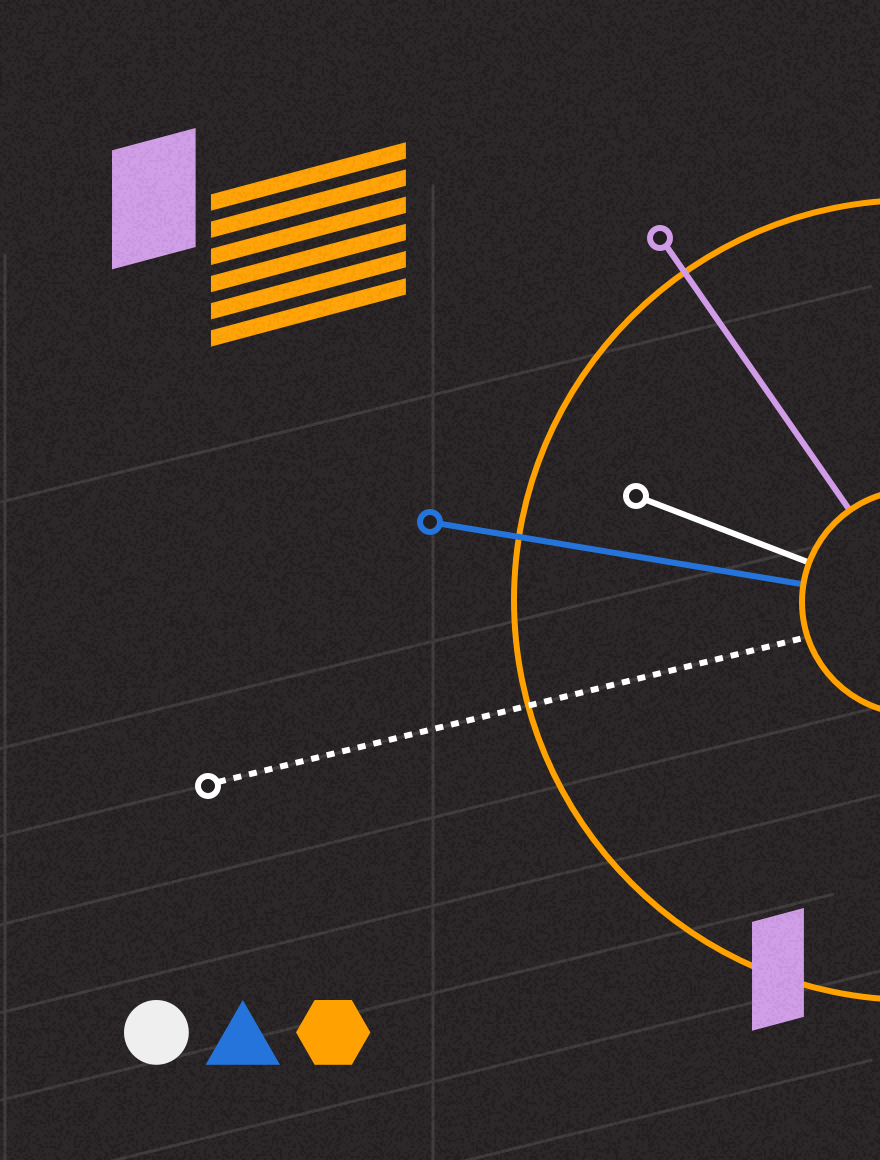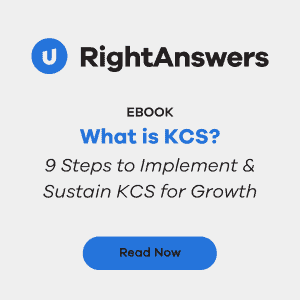As a Knowledge Centered Service (KCS) certified trainer, you could say I’m a true believer in putting knowledge as the core focus of everything. Having managed call centers, I appreciate methods that focus on what works in knowledge management. I’ve got little tolerance for processes and procedures that just create busy work so you can hang an achievement plaque on the wall and pat yourself on the back. KCS was one of the first methodologies where I believe the creators who developed it actually did the work and understood what it takes to do it.
Let’s start with the basics. The non-profit organization that developed the KCS methodology, The Consortium for Service Innovation, defines KCS as a way of interacting with knowledge so teams can answer questions quickly, deliver answers where people are looking for them, and train new employees faster. But like all methodologies, time does not stand still for it. After coming up with a methodology that put its finger on the pulse of contact centers and self-service, the pulse has changed. What happened?
Artificial intelligence (AI). Today, every trade show, every commercial, and pretty much anything you read talks about AI and its impacts. It feels like so many products are coming out with a “Now with AI!” banner with a big star behind it slapped on their website without a thoughtful strategy for responsible long-term AI usage. When it comes to knowledge, though, is AI going to be as disruptive as we’ve seen it in all other industries? Absolutely.
There are two big scenarios we see knowledge workers focus on for AI usage:
- Assisting with creation of knowledge content
- Generating real-time knowledge content on the fly as it’s requested
For the KCS definition of knowledge, The Consortium for Service Innovation defines it as “information upon which we can act”.
Does AI provide information that people can act upon? It does. However, many current AI implementations don’t adhere to some of the core tenets of KCS. The two that most immediately come to mind are capturing knowledge in real time and in the context of the user. AI does neither of these on its own, but we can start to look at how AI might enable knowledge workers to help with these activities.
Focus #1 for Knowledge Workers—AI Content Creation Assistance
For content creation assistance, you can use the context of the user in your AI prompts, but there’s no guarantee that AI will be used in the context from those prompts in the article it generates. The “P” in GPT stands for Pre-trained, which means most AI models are working off a data set that isn’t updated in real time. This may lead to AI content assistance not doing well with addressing new and unknown issues in new article content.
Findability is also another issue for AI content creation assistance. Most AI doesn’t have findability in mind. It writes content based on your prompt and doesn’t use intuition or data science to determine specific words people will use to search for content. Despite this, AI-enabled content creation and editing can still be valuable tools that save time if used properly. Remember that AI is not accountable for the quality of knowledge content—knowledge workers are.
Focus #2 for Knowledge Workers—Real-Time Knowledge Capture with AI
For real-time content generation, we see much of the same issue. If knowledge workers have questions about how to do or fix things, ideally the things your organization already knows are already documented in your knowledgebase. If you encounter something your organization doesn’t have information on, that topic area needs to be researched and imported into its knowledgebase. AI may not be able to make this distinction of knowledge that already exists versus what details it might need some help with researching on its own. It may keep trying to serve up content to the best of its ability without ever understanding that the answer may be unknown and need further research. This results in getting your organization’s employees stuck in an unproductive loop. AI, however, can be a time-saving part of the research process for unknown issues if used properly.
The Future of AI and KCS Knowledge Workers
While the KCS version 6 standard came out almost eight years ago in September 2016, the AI explosion only really began toward the end of 2022 with ChatGPT’s release.
There has been a lot of discussion within the KCS community regarding how best to utilize AI when it comes to knowledge management (for the basics, check out our AI Guide for Contact Centers). And many KCS practitioners are eagerly awaiting what the KCS v7 standard will have to say about AI. In the meantime, many companies (Upland Software included!) are doing their best to use AI in a responsible, sustainable manner that will help knowledge workers and minimize many of the risks that are inherent with AI.
To learn more about KCS, check out our consulting services.



